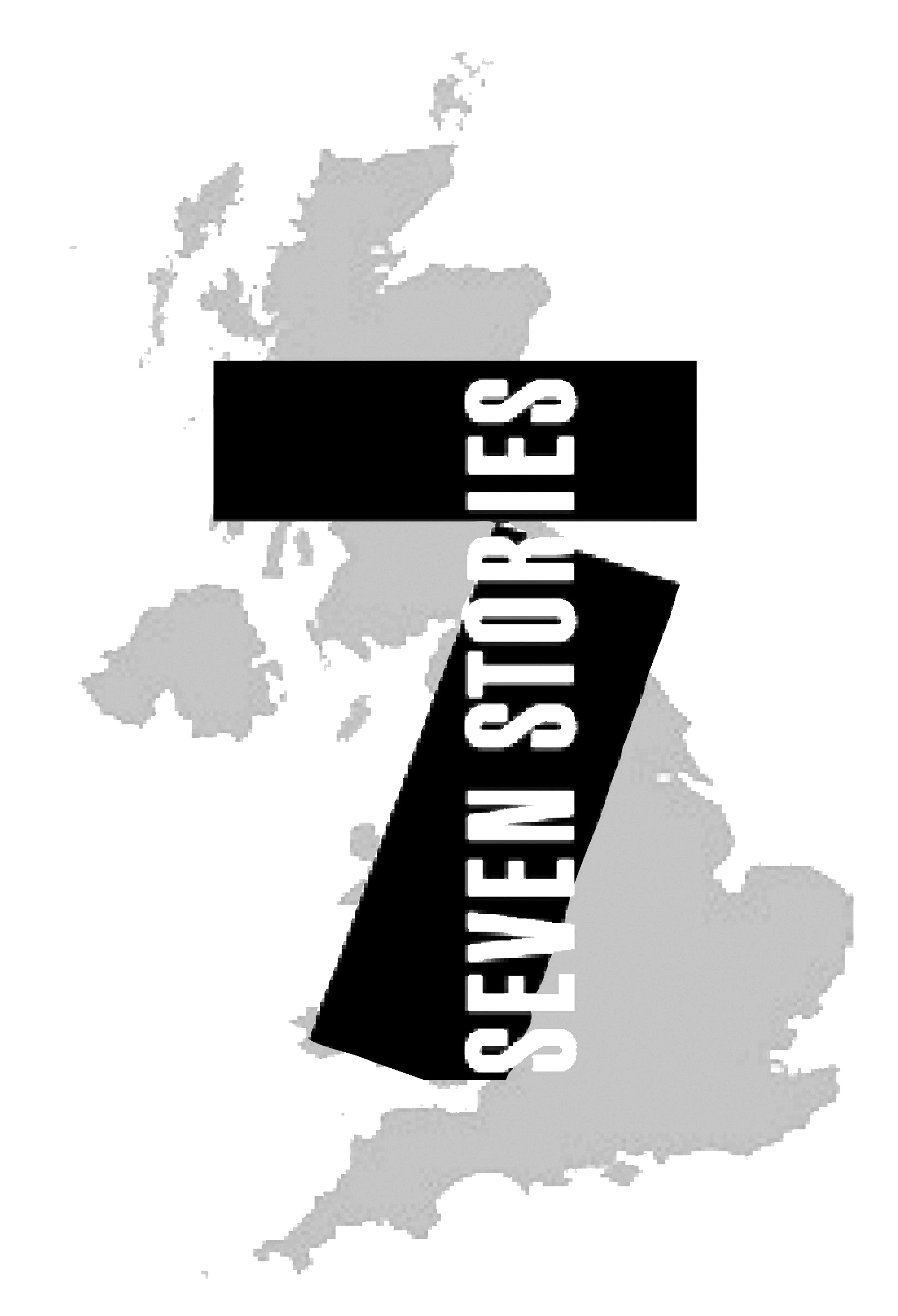Too Great a Sky
The story of the deportation of Romanians from Bukovina to the steppes of Siberia in World War Two, an exercise in historical memory and a powerful story of maintaining humanity in impossible conditions.
Ana is eleven when the Soviet soldiers send her from Bukovina, Romania, to Kazakhstan. She is just one of many forced to leave behind her home and make the three-week long journey via freight train. The trip is a harsh, humiliating one, but in spite of the cold and the closeness of death, life persists in the train wagon in the form of storytelling, riddles, and ritual. Years later, Ana recalls her childhood for her great-granddaughter, who is considering moving her to a nursing home. Her story, told with unflinching candour, is a chronicle of a life lived during a time of great political and national change, a story of an existence defined and curtailed by lines drawn on a map.
“This prose epic not only tells an astonishing, but largely forgotten, story of suffering and endurance amid the terrors of total war; Liliana Corobca also turns her historical research into the experience of Romanians deported by Soviet authorities from Bucovina to Kazakhstan into captivating fiction. In Monica Cure’s immersive translation, the narrator’s voice seasons horror and upheaval with humour, resilience and folkloric charm as she recounts the ordeal of the deportees and the ways they survived it. This mighty, moving novel transforms fact into art, and brings ancient storytelling skills to bear on modern tragedies.”—The Warwick Women in Translation Prize 2025 judges
"One of the [book's] remarkable accomplishments is the complex fictional universe that Corobca creates.” —Costica Bradatan, Times Literary Supplement
Praise for Kinderland:
"Α vivid portrait of rural life... Kinderland is a heartbreaking account of a childhood abruptly curtailed.” —Lucy Popescu, Financial Times
"An extraordinary look at life in Europe's edgelands ... full of surprising imagery and beautiful writing ... exquisitely translated by Monica Cure." —Alex Preston, The Guardian
Praise for The Censor’s Notebook:
"Offers an immersive experience into a polyphony of voices." —Barbora Cernusakova, Litro Magazine
"Below the humorous surface The Censor's Notebook is a complex, multilayered and multidimensional novel in which fact and fiction are cleverly entwined." —Costica Bradatan, Times Literary Supplement
“Corobca’s novel should not be categorized as eastern European interest or communist history, but as an object lesson for our increasingly complex information age.” —Matthew Janney, Financial Times





